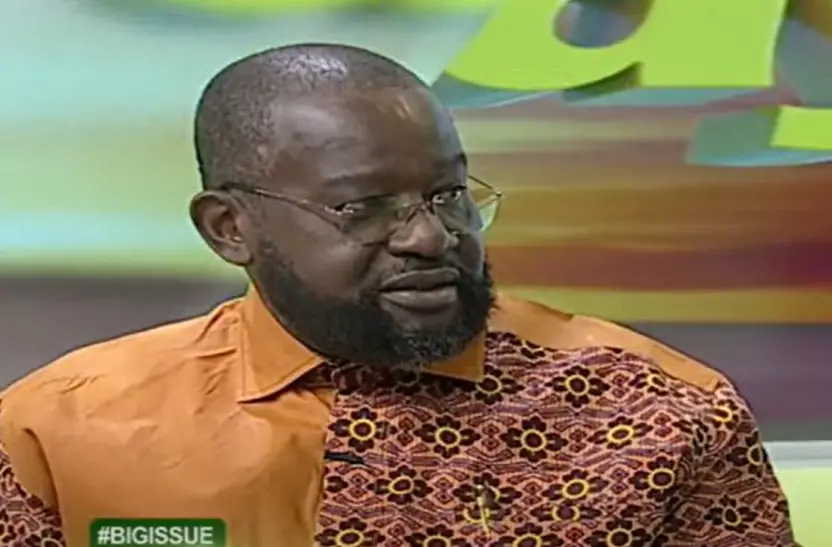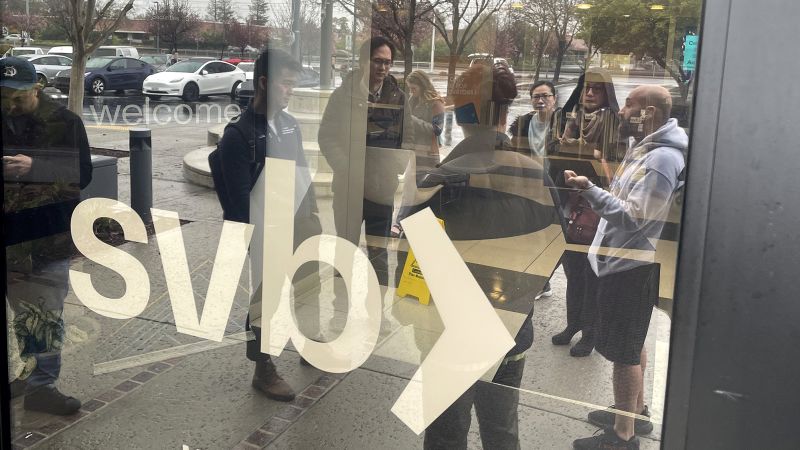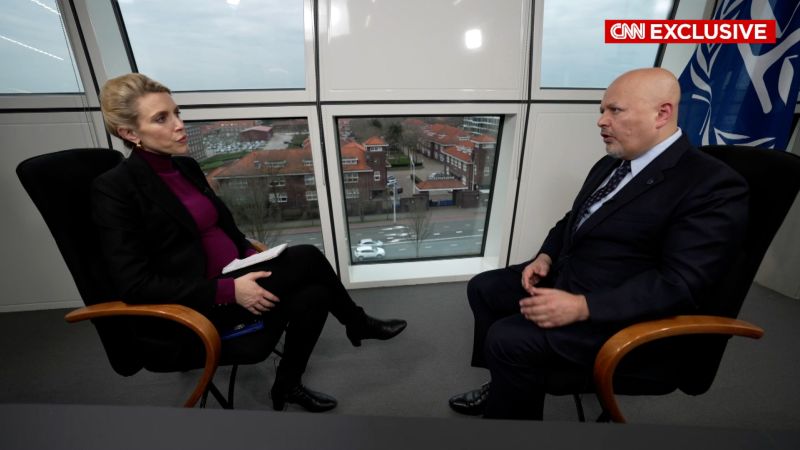What would a person be like if nothing bad had ever happened to them? Jane Moraes, São Paulo
Send new questions to nq@theguardian.com.
Readers reply
Apprehensive. John Callcutt
Unable to sing the blues. JohnTheBassist
What, those nice and clean and shiny people who only exist in advertising? ’Orrible, impossible. Give me the flawed, clumsy, erratic, eccentric and lovable collection of stumblebums who are my friends and relations anyday. bricklayersoption
Nothing bad ever happens to my sister. She’s been married almost 45 years, has two successful children and had a job that satisfied her. However, when a seagull stole her ice-cream, she screamed and burst into tears. Alison
I don’t feel like anything “bad” has happened to me. Yes, I’ve been sad and had people I care for die, but compared with what some people have been through, I don’t feel like I have really experienced anything truly bad. I feel like I know a lot of people in a similar position. Many of us don’t realise how lucky we are just to live an average life. Beaslie
I’m tempted to assume that a person who has never had anything bad happen to them would be awful and unempathic, but I’ve met a tiny number of people who seem to have a great family life and an uneventful life story but are still lovely grounded people, and almost every horrible person I know has a terrible back story. So I can’t say that.
Whether or not trauma makes for a horrible person seems to correlate more strongly with whether you expected life to be easy – perhaps felt entitled to it because it looked that way for other people. So I think if someone had nothing horrible happen to them and they’re surprised, grateful to be that lucky, then they’d probably be quite chilled-out, patient and sympathetic to the rest of us. However, if they decided that bad things must only happen to bad people, or they’re somehow above everyone else’s problems, then they’d be an entitled little shit. Usually, if you’re a bit of a shit, life has a way of correcting you anyway. trapdoor_spider
While in many ways Larry Niven’s Ringworld hasn’t aged well, its exploration of this concept in the character of Teela Brown is an interesting thought experiment about what such a person would be like. Teela was the result of six generations of humans born as a result of a lottery prize, and so genetically predisposed towards psychic luck. She reached adulthood without experiencing any emotional or physical pain: relationships broke down when she was ready to be done with them, ended painlessly on her terms, and she had never hurt herself playing sports or even put a finger on a hot surface. As a result, she was incredibly naive, oblivious to physical danger (which could still hurt her crewmates, even if she would always come out unscathed), and emotionally immature. She’d never learned that everyday, normal “bad” things can happen; she’d never learned the lessons humans learn from experiencing those things.
The interesting thing about Teela was that her luck made her very difficult for the author to write. In many ways, her life without any hardship, or even mild inconvenience, was more alien than the actual aliens. Niven is one of those rare authors who can write aliens that are genuinely alien, not just humans with funny ears or bumpy foreheads, and yet the Puppeteers and Kzinti managed to be more relatable than Teela. Although their hardships were different, pain is recognisable across species barriers. A lack of pain is not. PaintedFrog
I was diagnosed with complex PTSD a few years ago, a consequence of quite a significant number of traumatic life events all culminating with being seriously sexually assaulted by a stranger. I like to think that some of my negative experiences have made me into an empathic person who takes their time to offer to others some of the kindness and understanding that was often missing in my life. I worked in mental health for many years and was always amazed at just how much the human soul can survive, but equally how fragile it can be when relentlessly battered by harsh events. So I guess someone who had never had anything “bad” – How do we define and measure what “bad” is? One person’s disaster is another person’s misfortune – would be somewhat half-formed. lilactime
They would be lucky to have dodged the bullets in life – but very few people escape them. Adversity often comes in childhood – no child has any control over that. We are going to die eventually and we all have to live with that knowledge. Our identities are shaped by good fortune and bad – most starkly by the difficulties and dysfunctions of our individual lives. The few who have experienced none of this could be functional, successful, happy, but could also be oblivious, entitled and judgmental. Compassion develops from empathy, deep identification with the bad luck and painful experience of others. It would be difficult to feel this without having experienced personal setbacks and emotional or physical pain. Rhondda Bosworth
Isolated. By running from the bad, you inevitably avoid the good. People included. Life is complicated. Do what you can to minimise the bad; learn. But know that a life lived without anything bad happening has been a sheltered life indeed. Day Dreamer
My childhood was often terrifying, lonely and interminable. School was a sanctuary and working hard led to independence. Parenting classes and surrounding myself with good influences helped me to be a loving, supportive mom. I’ve come full circle and now am a court-appointed advocate for children from hard places. There’s no child whose circumstances are too rough or whose behaviour is too difficult or whom I won’t listen to and engage playfully with and help have a voice. I’m just the softest person, but with a backbone of steel. I’m a survivor. Of course, I regret and grieve the birth family I never had and the lack of relatives for my children. But I am full of love and joy. The little, hurt girl inside is re-parented each day, is safe, and is encouraged to play, too. quietess
“Trauma is not what happens to you; it is what happens inside you” – Gabor Maté. PickledNoodle
Such a person, in my opinion, would lack resilience, empathy, emotional depth and authenticity and would be somewhat shallow. Life is about suffering and how we navigate the tough times. As times get harder (witness climate change), many will suffer more and more. How we deal with this as individuals within the context of a wider community is what will matter most. Someone who has never encountered bad times will probably cope quite poorly and need a lot of shoring up. Rebecca Abbott
I don’t think we are formed exclusively from our experiences. There are other ingredients that go into the mix of who we are. We are born with a personality, physiological and neurological dispositions. Because of this, two people could have the exact same experience and one of them be traumatised and the other not.
Also, humans are storytellers. One of the reasons for stories is to pass on experiences, warnings, guidelines for life. Although hearing a story is different from having the experience directly, the stories we hear become a part of who we are. It has been shown, for example, that reading fiction increases empathy. So even if it were possible for a person to not have a bad experience, they wouldn’t be a blank slate. CascadianCanadian









 English (US)
English (US)